View all filters
Clear
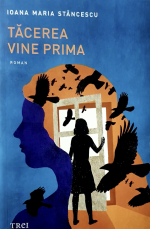
Il silenzio viene prima
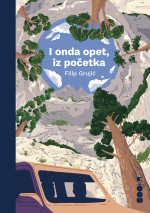
Y entonces, vuelta a empezar
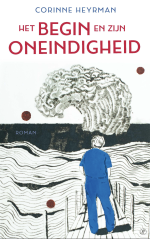
El comienzo infinito
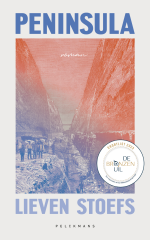
Corridoio (Peninsula)
Com as aves, partilho o céu
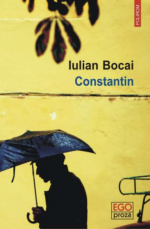
Constantin
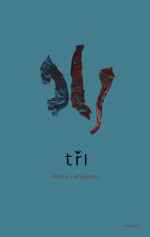
Trzy!
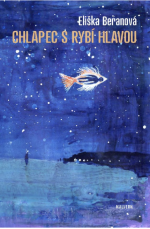
Băiatul cu cap de pește
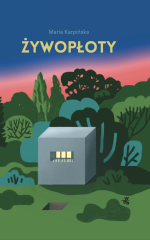
Le siepi
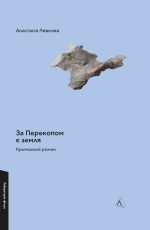
За Перекопом є земля
Крим. Саме тут минуло дитинство, юність і перше кохання головної героїні роману. Саме тут вона зрозуміла, що є українкою. Ні дідусь-підполковник КДБ, ані російська кров у венах не стали цьому на заваді.
Наче орнамент, у романі переплітаються кримськотатарська культура і українська історія. На сторінках книжки читач зустрінеться з кримськими татарами, караїмами, українцями, росіянами, німцями, євреями, греками, вірменами Криму, крок за кроком відкриватиме шафи з родинними скелетами. Разом з головною героїнею та її подругою Аліє пройде шлях від їхнього дитинства – з 1990-х – аж до окупації півострова Росією в 2014-му, з екскурсами в давнішу історію Криму.
«За Перекопом є земля» — це спроба відкрити материк для півострова, а півострів для материка з незвичного ракурсу. Адже і там, і там є земля. Її варто пізнати й повернути їй цілісність.

Cât de interminabil e începutul
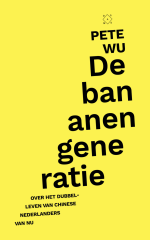
Banana generacija (De bananengeneratie: over het dubbelleven van Chinese Nederlanders van nu)
Wanneer de leugens zich razendsnel opstapelen
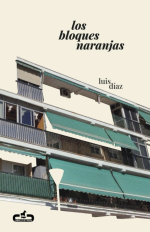
Oranje blokken

E poi di nuovo, da capo
Een paar verdwaalde minuten
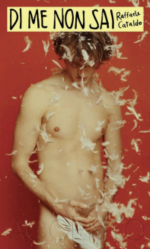
O meni ne veš
Bestie voi tutte dei campi
Punto di fuga
